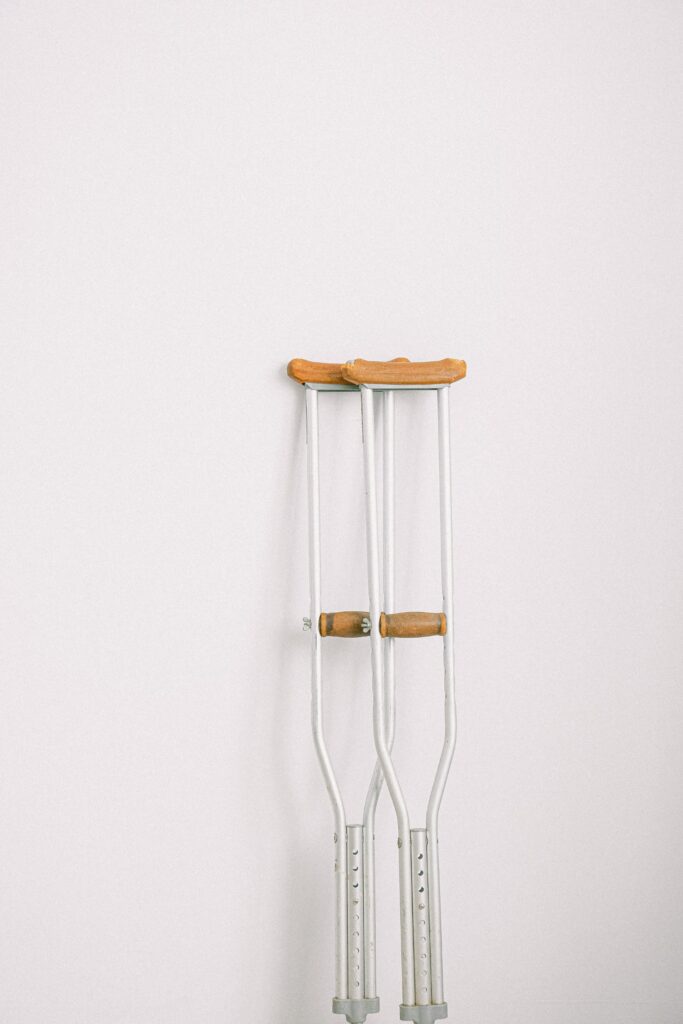
Contents
If you’ve been injured in an accident, you know how difficult it is to recover from physical and emotional trauma. But what many don’t realize is that the severity of your injuries can significantly impact any personal injury settlement or award you seek.
Although no one likes to think about getting hurt if you’re ever faced with such unfortunate circumstances, understanding all aspects surrounding a personal injury claim can ensure justice is served.
So let’s learn how injuries affect your personal injury settlement or award.
Factors That Affect the Amount of a Personal Injury Award
When it comes to personal injury settlements and awards, injuries play a significant role. The compensation you receive for your losses depends on the injury’s seriousness and other factors.
The most common factors that influence the amount of your personal injury award include:
- The severity of the injury
- The age of the victim
- Medical treatment and recovery
- Life disruptions
- Emotional and psychological trauma
In addition to these points, if you were to blame, even partially, for the accident or your injuries, this will reduce the amount of compensation available.
How Injuries Impact the Amount of a Personal Injury Award
Your injuries are key to calculating damages for a personal injury settlement or award.
It stands to reason that more severe and debilitating injuries would result in more prominent awards, requiring more medical treatment and longer recovery periods. Higher levels of pain usually lead to higher compensation.
In addition, visible signs of physical trauma, such as scarring, may require additional damages due to the inability to work. On the other hand, minor sprains and strains carry smaller awards because these recover quickly with minimal treatments like rest and over-the-counter medications.
But even if your injury isn’t particularly severe, don’t discount its impact when considering a potential claim. Your attorney can help you demonstrate that the accident has caused lasting physical, emotional, and financial stress on you and your family. The court may consider this when deciding your case’s final outcome.
Why Medical Documentation is Key in Your Claim
When it comes to a personal injury settlement, the role of medical documentation is paramount. It can make all the difference in determining how much compensation you get for your injuries. Medical records provide evidence for the claim you’re making.
Without medical documentation, such as doctor’s notes, x-rays, MRI scans, and so on, it will be challenging to prove your case. Insurance companies may dispute your claims if you do not have sufficient proof that an injury occurred or that another party’s negligence caused it. Therefore, comprehensive medical records are essential when negotiating a settlement with an insurance company.
Assessing the Value of Pain and Suffering
Assessing the value of pain and suffering in a personal injury award is one of the most important factors when calculating your settlement or award.
Document any physical or emotional pain you experience due to your injuries, including photos, journals, talking to mental health professionals, etc. These details will be considered by an insurance company or court when deciding fair compensation.
Pain and suffering are subjective experiences, so it’s not easy for them to assign a dollar amount – even though, realistically, that’s exactly what they have to do! Ultimately, having accurate records and testimonies about how the injuries have impacted you will ensure you receive fair compensation.
How to Maximize Your Personal Injury Settlement
Knowing how injuries affect your personal injury settlement or award can give you more power when negotiating.
Consult with a qualified attorney who specializes in personal injury law so that they can help guide you through the process and ensure success in obtaining a favorable outcome from your case.
Contact our team at Injury.io today to get started on your claim.


